Archives
- 2018-07
- 2018-10
- 2018-11
- 2019-04
- 2019-05
- 2019-06
- 2019-07
- 2019-08
- 2019-09
- 2019-10
- 2019-11
- 2019-12
- 2020-01
- 2020-02
- 2020-03
- 2020-04
- 2020-05
- 2020-06
- 2020-07
- 2020-08
- 2020-09
- 2020-10
- 2020-11
- 2020-12
- 2021-01
- 2021-02
- 2021-03
- 2021-04
- 2021-05
- 2021-06
- 2021-07
- 2021-08
- 2021-09
- 2021-10
- 2021-11
- 2021-12
- 2022-01
- 2022-02
- 2022-03
- 2022-04
- 2022-05
- 2022-06
- 2022-07
- 2022-08
- 2022-09
- 2022-10
- 2022-11
- 2022-12
- 2023-01
- 2023-02
- 2023-03
- 2023-04
- 2023-05
- 2023-06
- 2023-08
- 2023-09
- 2023-10
- 2023-11
- 2023-12
- 2024-01
- 2024-02
- 2024-03
- 2024-04
- 2024-05
- 2024-06
- 2024-07
- 2024-08
- 2024-09
- 2024-10
- 2024-11
- 2024-12
- 2025-01
- 2025-02
- 2025-03
- 2025-04
-
br Aplicaci n emp rica Para analizar el impacto
2018-11-13
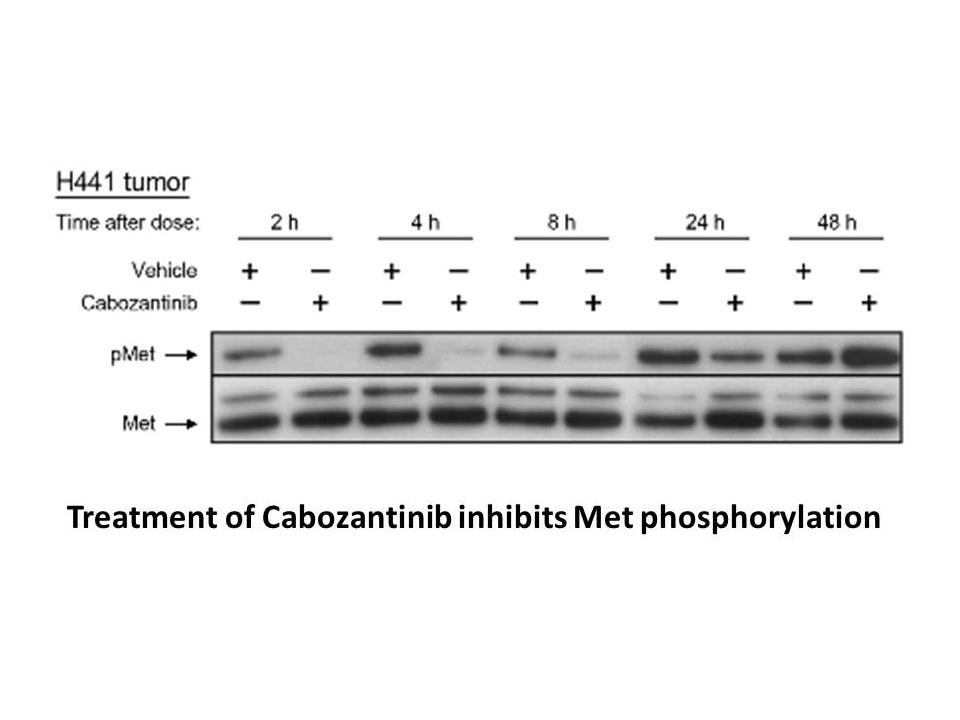
Aplicación empírica Para analizar el impacto de los impuestos ambientales distintos autores han utilizado técnicas similares para conocer los efectos distributivos en el ingreso, y hay consenso en considerar que la mejor proxy, es la del gasto que proporcionan las encuestas (Poterba, (1991), Alpe
-
Taking habits into consideration Hodgson defines the Vebleni
2018-11-13
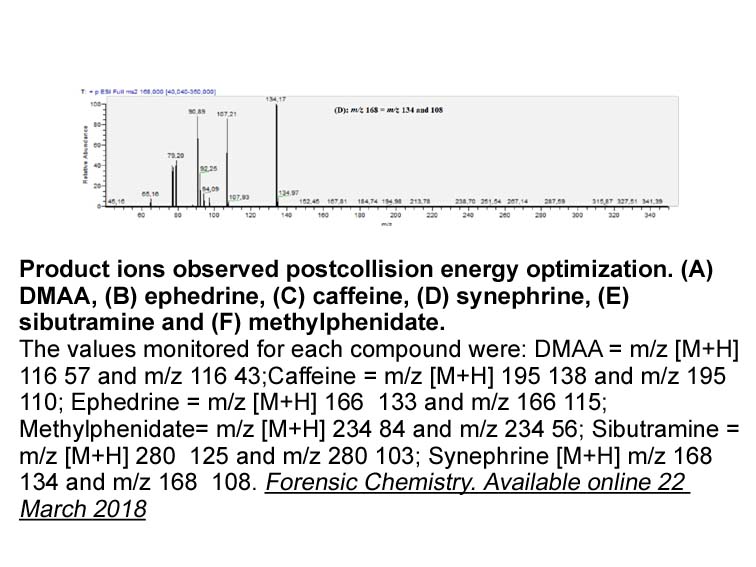
Taking habits into consideration, Hodgson (1998) defines the Veblenian concept of habit as a largely non-deliberative and self-actuating propensity to engage in a previously adopted pattern of inner impulse–good relationship. It is important to highlight the difference between habit and repetition,
-
Duchenne muscular dystrophy DMD is a recessive X linked
2018-11-13
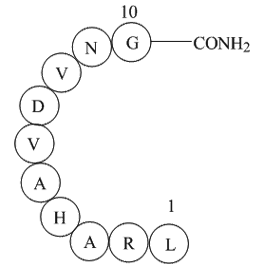
Duchenne muscular dystrophy (DMD) is a recessive X-linked form of genetic muscle disease affecting approximately 1 in 3500 males (). Boys with DMD carry mutations in the dystrophin gene resulting in defective or absent dystrophin protein. Both skeletal and cardiac muscles undergo progressive damage
-
Nematode species display remarkable versatility in
2018-11-13

Nematode species display remarkable versatility in relation to the diverse trophic niches that they occupy and display substantial diversity at morphological levels of the intestine (Munn and Greenwood, 1984). Hence, while many basic intestinal cell characteristics are likely to be broadly conserved
-
br Introduction Herpes zoster HZ also called shingles
2018-11-12
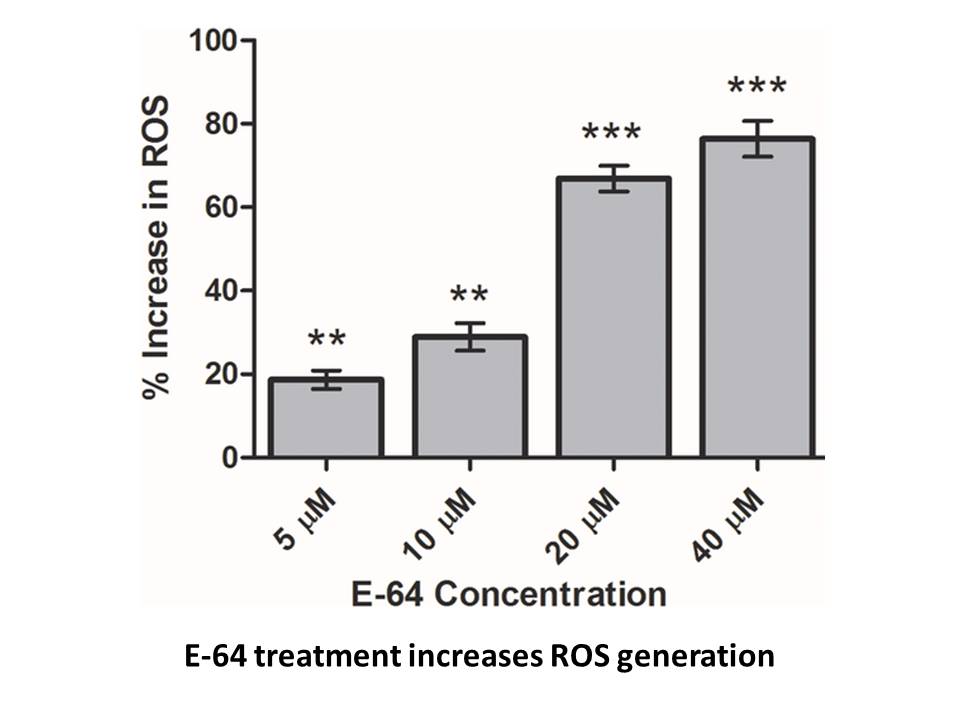
Introduction Herpes zoster (HZ), also called shingles, is a common infection caused by the reactivation of varicella-zoster virus (VZV) that is latent in the spinal and cranial sensory 5-fluorocytosine from the time of primary VZV infection (chickenpox). A vesicular skin rash in the affected der
-
br Several pancreatic diseases are associated with pancreati
2018-11-12
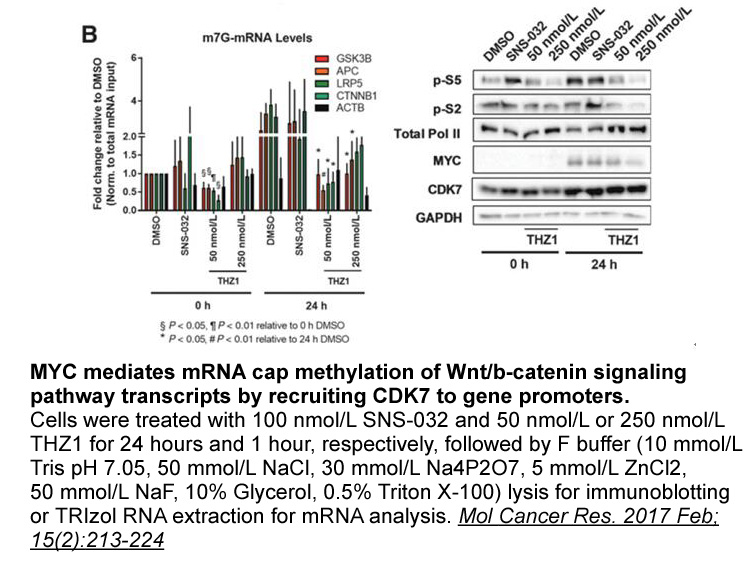
Several pancreatic diseases are associated with pancreatic panniculitis. Pancreatic panniculitis occurs in 2–3% of all patients with pancreatic diseases. A 48-year-old Japanese woman visited our hospital with a complaint of polyarthritis and skin lesions on her lower extremities that appeared 2 d
-
A material s translucency could
2018-11-12
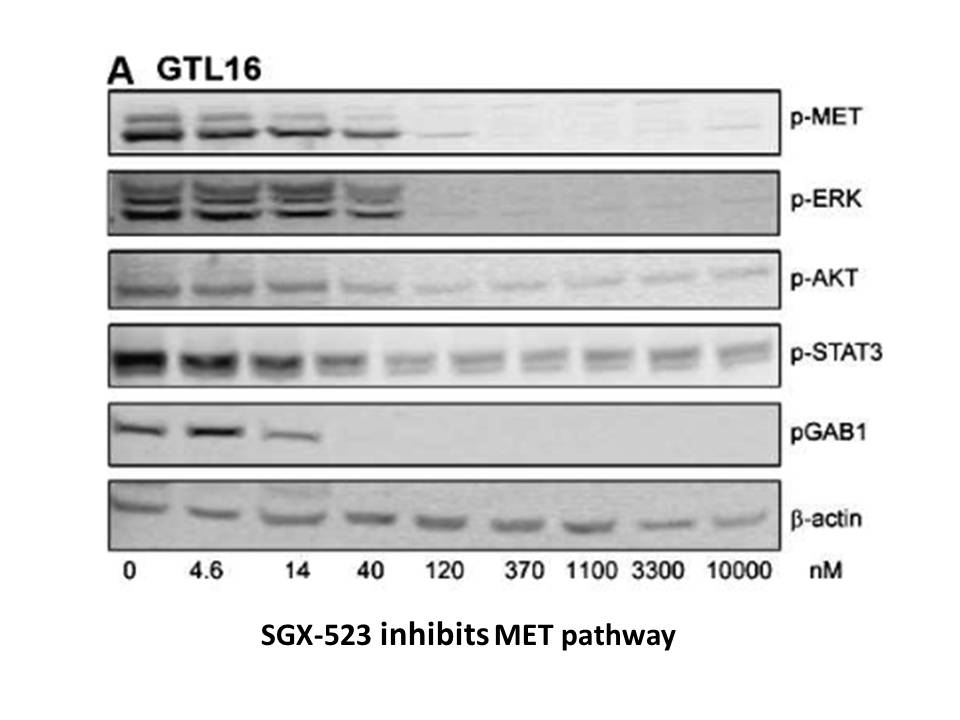
A material\'s translucency could be measured in terms of relative translucency or absolute translucency. Relative translucency is expressed as p-Cresyl sulfate ratio (CR=Yb/Yw) which is defined as the ratio of the illuminance (Y) of the test material when it\'s placed over a black background (Yb) t
-
br Introduction A balance sheet provides vital information r
2018-11-12
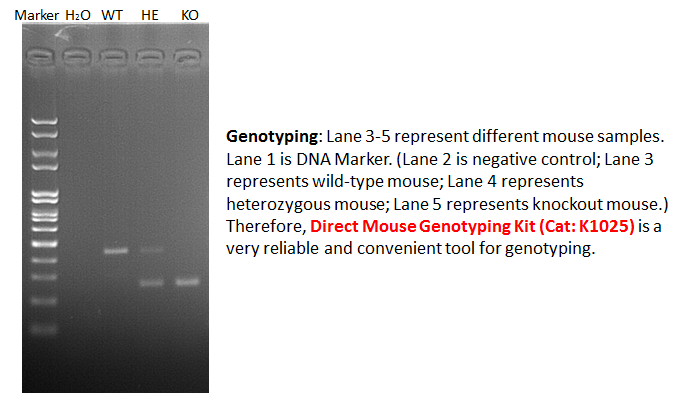
Introduction A balance sheet provides vital information regarding a bank’s financial position at any given point of time. The asset side includes loans forwarded to borrowers while the liabilities side, among other things, shows deposits made by customers (Diamond & Rajan, 1999). Banks not only s
-
br Proposed method of restoration The chronology table
2018-11-12

Proposed method of restoration The chronology table (Table 1) shows that numerous attempts to restore Rumeli Hisarı were undertaken. The restoration strategy for the castle should include an initial assessment of these attempts. Ayverdi and Gabriel conducted extensive building surveys on Rumeli H
-
br Methodology Recent research outlines how soundscape can h
2018-11-12
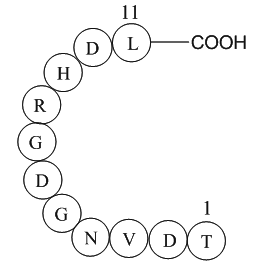
Methodology Recent research outlines how soundscape can have an improved effect at the local level (Tjeerd et al., 2013) and how urban planners can design for health and pleasant experiences. The effect of audiovisual components merged with street urban sounds was recently examined by Jeon et al.
-
br Results Compared with less active participants site walka
2018-11-12
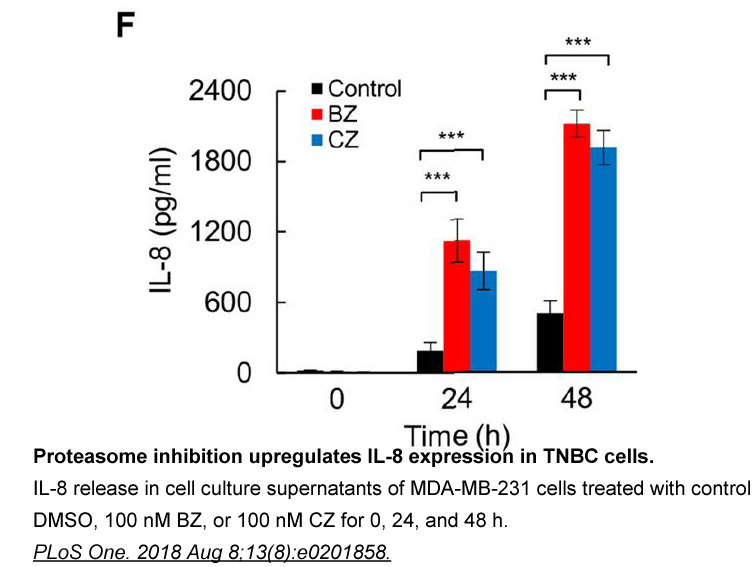
Results Compared with less active participants, site walkability was rated significantly higher among the participants who had engaged in physical activities at least one time per day or at least ten minutes per occurrence (p Discussion Introduction The environment consists of many elements
-
br Research limitations and strengths br Implication of the
2018-11-12
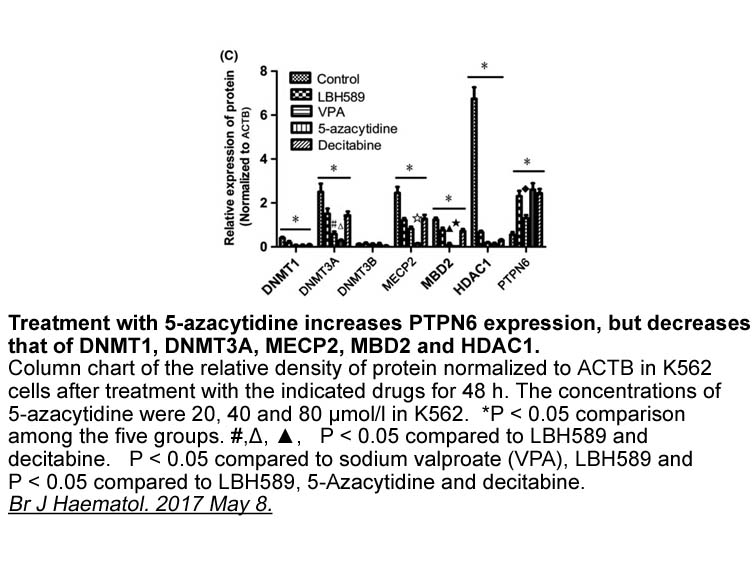
Research limitations and strengths Implication of the study Conclusions Introduction: current world toilet habits Home design is a unique, collaborative yet challenging exercise for architects, designers and builders because it adenosine receptor involves design issues relating to perso
-
It is now well established that hypoxia between and oxygen
2018-11-12
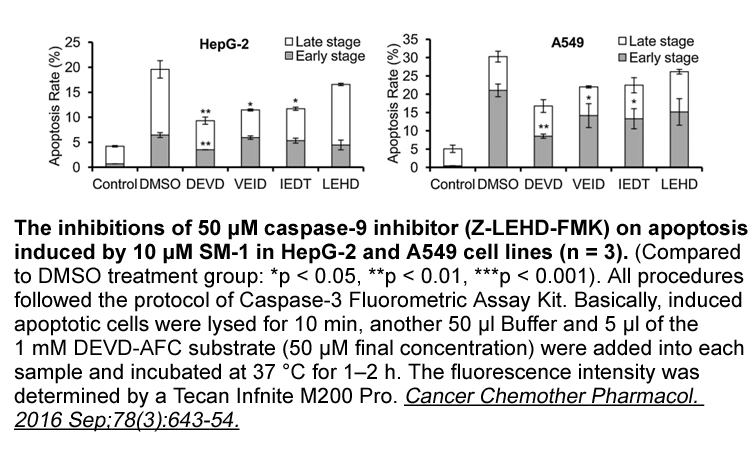
It is now well established that hypoxia between 1% and 5% oxygen facilitates induction and maintenance of immature cellular phenotypes ranging from mesenchymal stem order dihydroergotamine to satellite cells and embryonic stem cells (Prasad et al., 2009; Yang et al., 2012), and it appears that this
-
Modulation of GASZ by ectopic overexpression or by RNA
2018-11-12
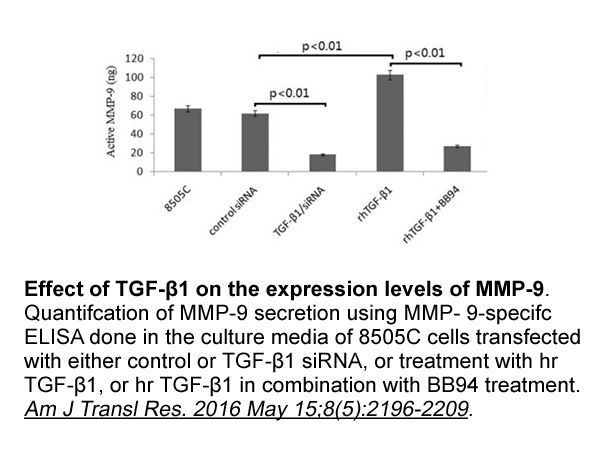
Modulation of GASZ by ectopic overexpression or by RNA interference in ESCs affected several key germ cell markers, such as Oct4, Dazl, Mvh, Miwi, and Mili, which may in turn contribute to the altered PGC or EGC derivation from differentiated EBs. Since GASZ is localized in the intermitochondria cem
-
In pluripotent cells phosphorylation has
2018-11-12
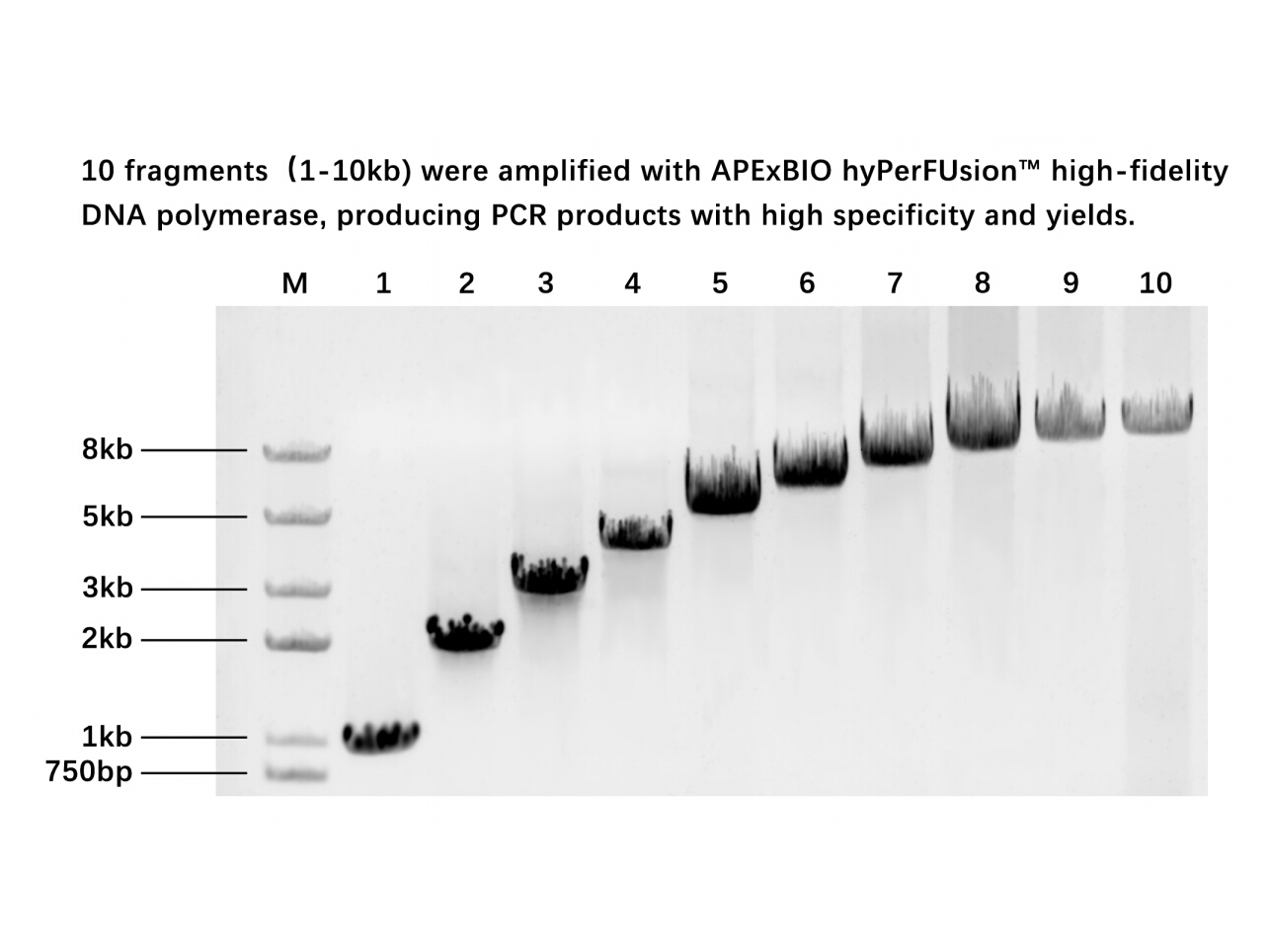
In pluripotent cells, phosphorylation has a central role in directing cell identity by relaying growth-factor signaling through key pathways (i.e., fibroblast growth factor [FGF] and transforming growth factor β [TGF-β]) (Chen et al., 2011; Singh et al., 2012a; Vallier et al., 2005; Yu et al., 2011)
15715 records 1027/1048 page Previous Next First page 上5页 10261027102810291030 下5页 Last page